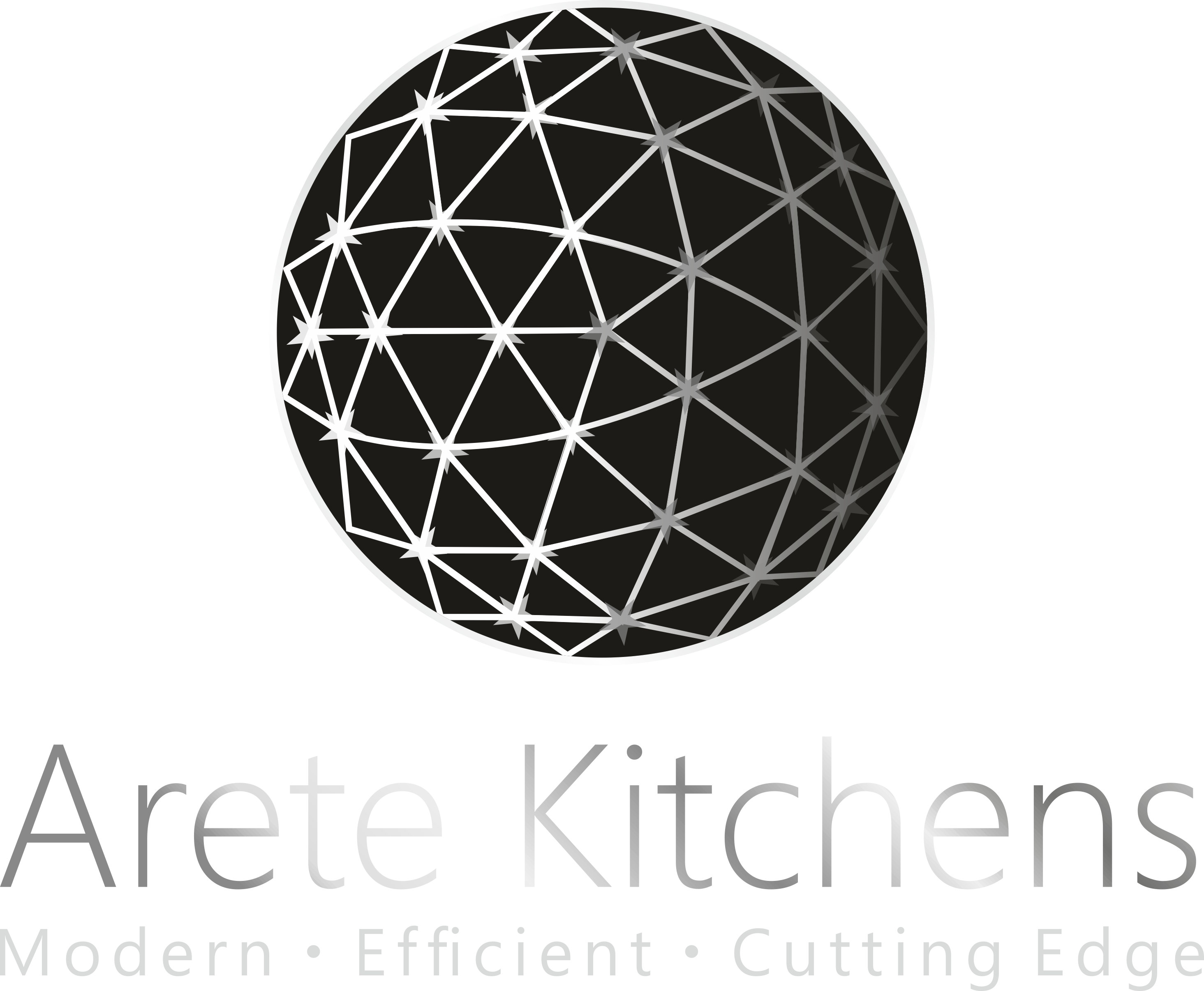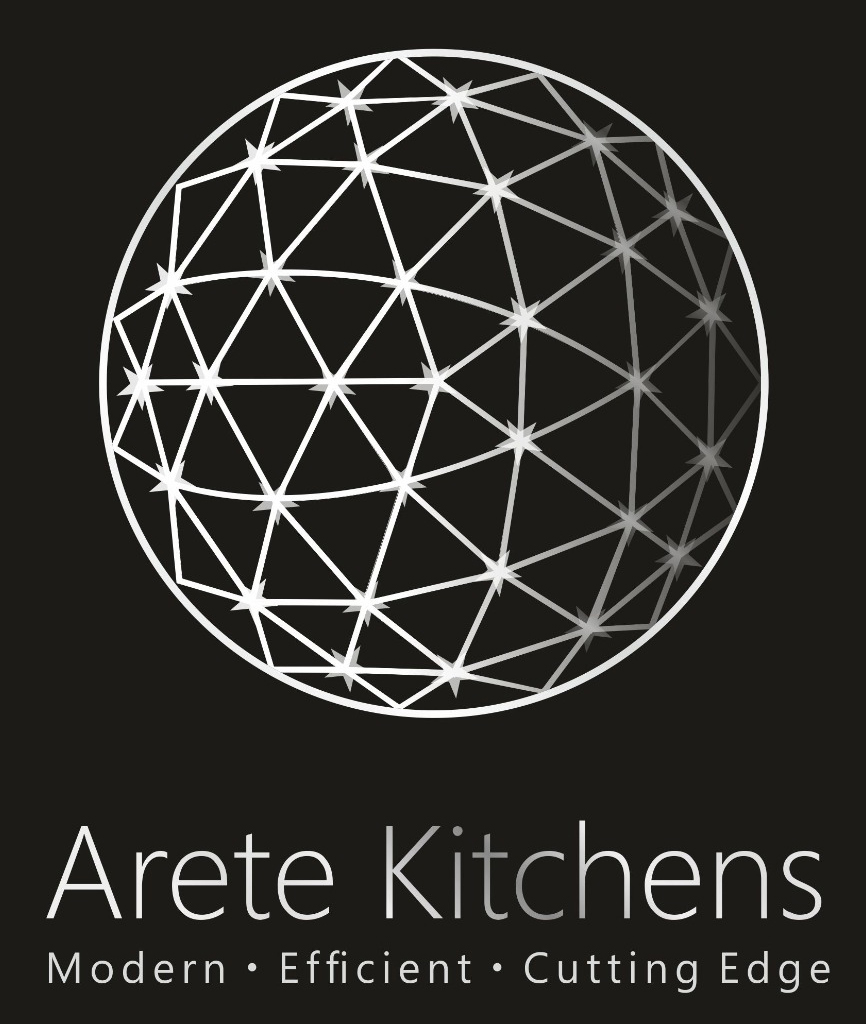New Casino Obtains Malta License: What It Means for Players — A Marketer’s Practical Guide
Hold on — a new casino just announced a Malta gaming licence and you’re wondering what that actually means for your wallet and peace of mind. This piece gives practical, evidence-based takeaways first, then digs into how licensing affects payouts, KYC, taxes, and responsible-gaming protections so you can decide quickly. Read the next few sections for a checklist, real mini-cases, and a short comparison that shows the trade-offs between Malta, Kahnawake and Curaçao licensing, which we’ll unpack next.
Quick practical benefit up front
Here’s the thing: a Malta Gaming Authority (MGA) licence generally signals stronger regulatory oversight than many offshore alternatives, which typically translates to clearer dispute processes, more predictable KYC rules, and standards for RNG and game fairness. That matters if you care about timely withdrawals, transparent bonus T&Cs and third-party audits — and you’ll see how these points map to player experience in the next section.

Why a Malta licence changes the risk profile (straight to the numbers)
Wow! Let’s be explicit: an MGA license doesn’t guarantee instant perfection, but statistically it reduces some categories of operational risk — for example, audit frequency and public complaints are handled with published procedures, which tends to shorten average dispute resolution timelines. To make this concrete: if an offshore site averages 7–14 days to close a complaint, MGA oversight often compresses that window by several days because operators must follow documented remediation steps; we’ll break down what those steps typically look like below.
How licensing affects key player journeys: deposits, KYC, withdrawals
Hold on — deposits are usually the easy part, but KYC and withdrawals are where licensing shows up most. MGA-regulated platforms often require standardized KYC (ID, proof of address, source of funds for large wins) and publish expected verification timelines; that transparency reduces surprises during cashouts. For example, expect initial KYC within 24–72 hours for basic documents and potentially longer if source-of-funds checks are triggered, and the next paragraph explains how that compares to other jurisdictions.
Comparative table: Malta vs Kahnawake vs Curaçao — quick reference
| Feature | Malta (MGA) | Kahnawake | Curaçao |
|---|---|---|---|
| Regulatory oversight | High — regular audits & published rules | Moderate — indigenous regulator, regional focus | Lower — single licence, less prescriptive audits |
| Dispute resolution | Structured ADR options, formal process | Established local arbitration route | Often operator-led or third-party mediation |
| KYC / AML standards | Strong, EU-aligned AML obligations | Moderate — regional standards | Variable — depends on operator |
| Player protections (RG) | Comprehensive RG tools & reporting | Good tools, less public reporting | Basic tools; compliance varies |
| Perception (player trust) | High | Moderate among Canadians | Lower |
This side-by-side makes it clear how Malta stacks up when measured against player-facing metrics like dispute clarity and AML rigour, and the following Example 1 shows a short scenario focusing on withdrawals.
Mini-case 1 — The withdrawal timeline
Short scenario: Jenna deposits C$200, plays, and wins C$1,250. With an MGA site she completes KYC immediately and her withdrawal is approved in 48 hours, minus 24–72 hours for payment rails; with a Curaçao operator, the same sequence can add 3–7 business days of ambiguity. That timing affects how you choose payment methods and whether you factor in bank processing fees, which we’ll quantify next.
Mini-case 2 — Bonus math and wagering practicalities
Hold on — bonus math can blindside you. Example: a 100% match up to C$200 with a 35× wagering requirement (WR) on deposit + bonus equals a required turnover of (D + B) × WR = (200 + 200) × 35 = C$14,000, so a player staking C$2 per spin would need 7,000 spins to clear it if every bet counts equally. Malta-licensed operators typically disclose game weighting and betting caps clearly in the T&Cs, which helps you plan bet size and game choice and we’ll show strategic adjustments after this.
How MGA licensing affects bonuses and T&Cs
Here’s the useful part — a Malta licence encourages clearer, less ambiguous T&Cs, so you often get explicit game weightings, maximum contribution per wager, and stated expiry windows, making EV calculations feasible. For example, if slots contribute 100% and blackjack 5%, the effective WR for blackjack is 0.05× the stated WR — a critical detail for strategy and the next section shows a mini-strategy you can use.
Mini-strategy: matching bet size to bonus math
Start small, then scale — if your goal is to maximize chances to clear a bonus without busting, set a base bet so that max bet rules aren’t violated and variance is manageable. Practically: split your available bonus-turnover budget into equal sessions; if you need C$14,000 turnover and plan 14 sessions, aim for C$1,000 turnover per session and choose high-RTP slots (≥96%) to reduce EV loss. The next paragraph explains how licensing clarity reduces hidden bans on certain bet patterns.
Regulatory protections that matter to players
Malta-regulated casinos must follow rules that reduce the risk of sudden account freezes without explanation, requiring documented reasons and a remediation path for players, which is a real improvement versus more opaque regimes. That means when disputes arise there’s typically a formal complaint line and published escalation route to an ADR entity — and we’ll explain what to keep in your paperwork for disputes next.
Paperwork checklist for disputes
Quick Checklist: keep screenshots of T&Cs, save deposit and withdrawal transaction IDs, keep chat transcripts, and log timestamps of interactions; these elements significantly shorten resolution time. Keep this paperwork ready before you file a complaint, and the following paragraph gives a short list of common mistakes to avoid when submitting disputes.
Common Mistakes and How to Avoid Them
- Submitting blurry KYC images — always upload high-resolution files to avoid delays and have backups on hand for faster approvals, which will be explained next.
- Ignoring game-weight rules — double-check bonus T&Cs before spinning high-RTP games that count for playthrough. The next bullet shows another frequent slip.
- Betting above max allowed during bonus — many operators void bonuses if you place bets over the stated cap; read the cap details and plan bets accordingly, which ties into the mini-FAQ that follows.
Don’t underestimate these errors; avoiding them shortens withdrawal timelines and preserves your funds, and the next section answers the practical FAQs players ask first.
Mini-FAQ (practical answers)
Q: Does a Malta licence mean my winnings are tax-free?
A: Generally, player tax treatment depends on your country of residence; Canada typically does not tax casual gambling winnings, but treat large, repetitive professional activity differently — consult a tax advisor if you’re uncertain, and retain your transaction records for evidence when needed. Read the next FAQ to learn about chargebacks.
Q: Will MGA make sure I get my money faster?
A: An MGA license requires clearer processes and published timelines from operators, which reduces ambiguity and often speeds dispute resolution, but actual payout speed still depends on payment rails (Interac, cards, crypto) and your bank’s policies. Speaking of rails, the next paragraph explains recommended payment choices.
Q: Which payment method is best when playing on a Malta-licensed site?
A: For Canadian players, Interac e-Transfer and trusted crypto options (if supported) typically offer the best blend of speed and traceability; cards can be slower due to bank checks and refunds. Choose methods aligned with the operator’s documented payout times and the next section lists how to verify those timelines.
Where to verify licence authenticity and operator reputation
Always check the operator’s licence number against the MGA public register and look for independent RNG certificates from labs like eCOGRA or GLI; this small step reduces the chance of scams and reveals if the operator is newly licensed or migrated from weaker jurisdictions. For convenience, reliable operator summaries and user feedback repositories can help, and the next paragraph shows how to use a trusted site as a cross-check.
Contextual recommendation and trusted resources
To benchmark a newly licensed operator against established, player-focused platforms, I cross-checked payout timelines and complaint history on several review hubs, then compared this to the operator’s public audit statements — for a comparative example of a Canada-friendly platform with detailed banking and KYC info, see northcasino-ca.com official which lists local payment options and verification expectations to help you evaluate new entrants. Use that as a model for what transparency should look like, and the last paragraph gives a short wrap-up with responsible gaming reminders.
Final practical checklist before you sign up
- Confirm licence on MGA register and check licence number validity.
- Scan T&Cs for game-weighting and max-bet rules before claiming bonuses.
- Prepare clear KYC documents in advance (ID + proof of address).
- Pick the fastest, traceable payment method supported by the operator.
- Store screenshots of terms, receipts and chat logs for disputes.
Doing these five things saves hours and often avoids frozen funds, and if you want another quick example of operator transparency, the following recommendation points you toward a site model that aligns with these best practices.
Practical recommendation (where to focus your due diligence)
When evaluating a newly Malta-licensed casino, prioritise publicly posted audit reports, clear ADR pathways, and explicit bonus weightings; a practical way to learn what transparency looks like is to review a well-structured Canadian-facing operator such as northcasino-ca.com official and then map the new casino’s disclosures against that checklist to see gaps. After you run that comparison, finish this read for responsible gaming reminders.
18+. Play responsibly: set deposit and session limits, track time and spend, and contact local help services like ConnexOntario or your provincial problem gambling line if you’re concerned; licensing improves protections but does not remove risk, which is why you should use the practical checklist above before depositing.
Sources
Maltese Gaming Authority public register, independent testing labs’ transparency pages (eCOGRA/GLI), and public complaint handling guidelines from regulated operators; general Canadian tax guidance sourced from Canada Revenue Agency notes on gambling and taxation.








